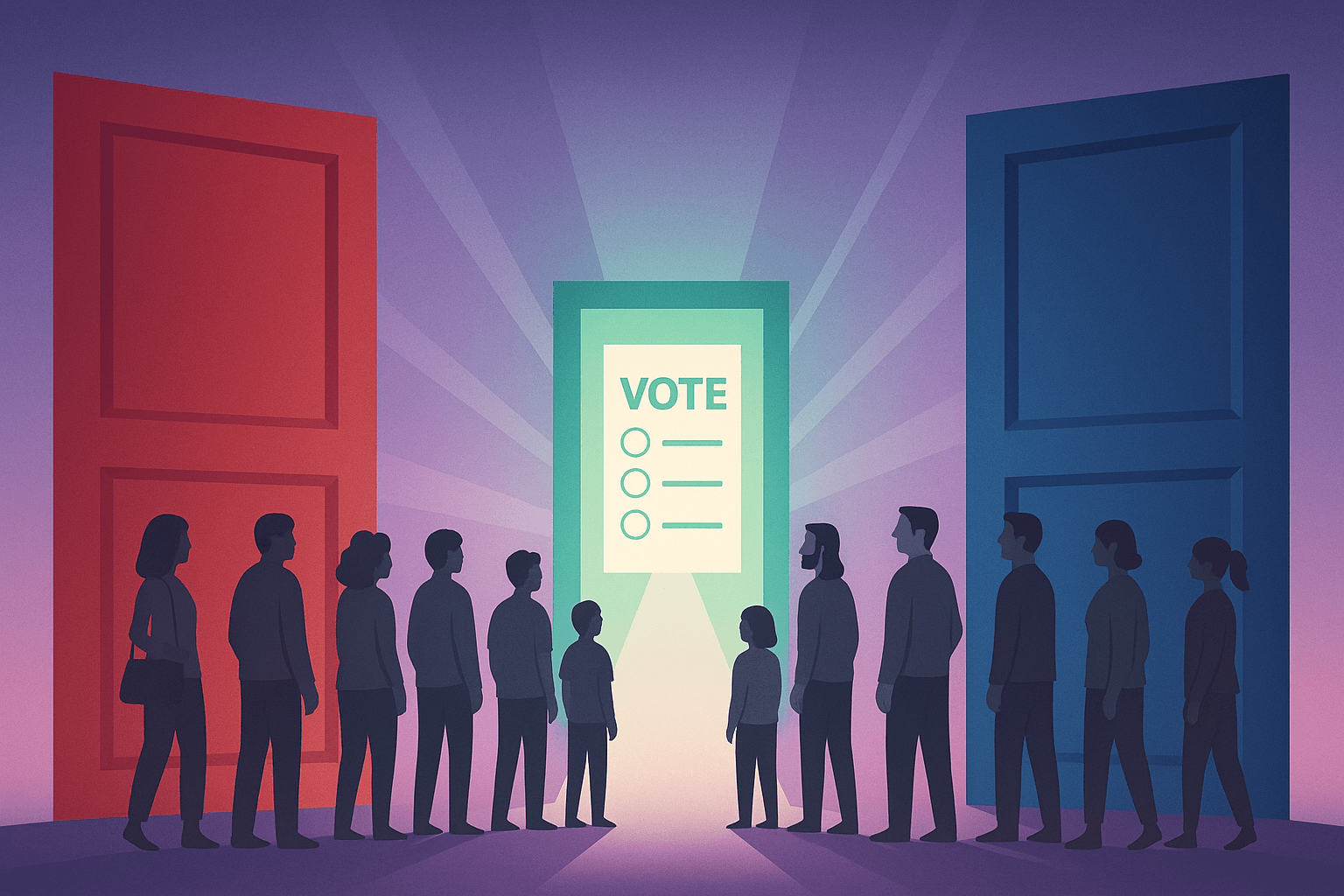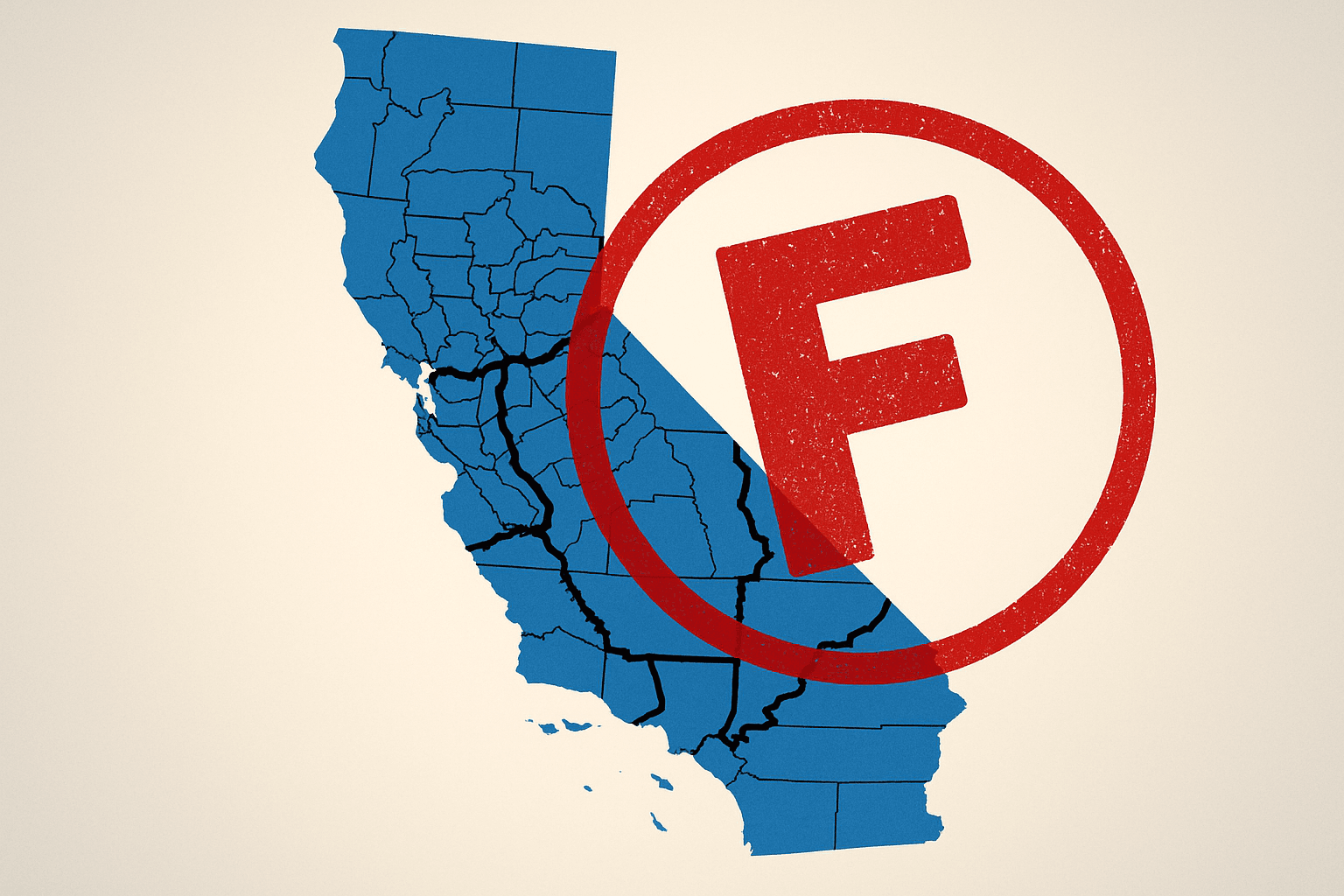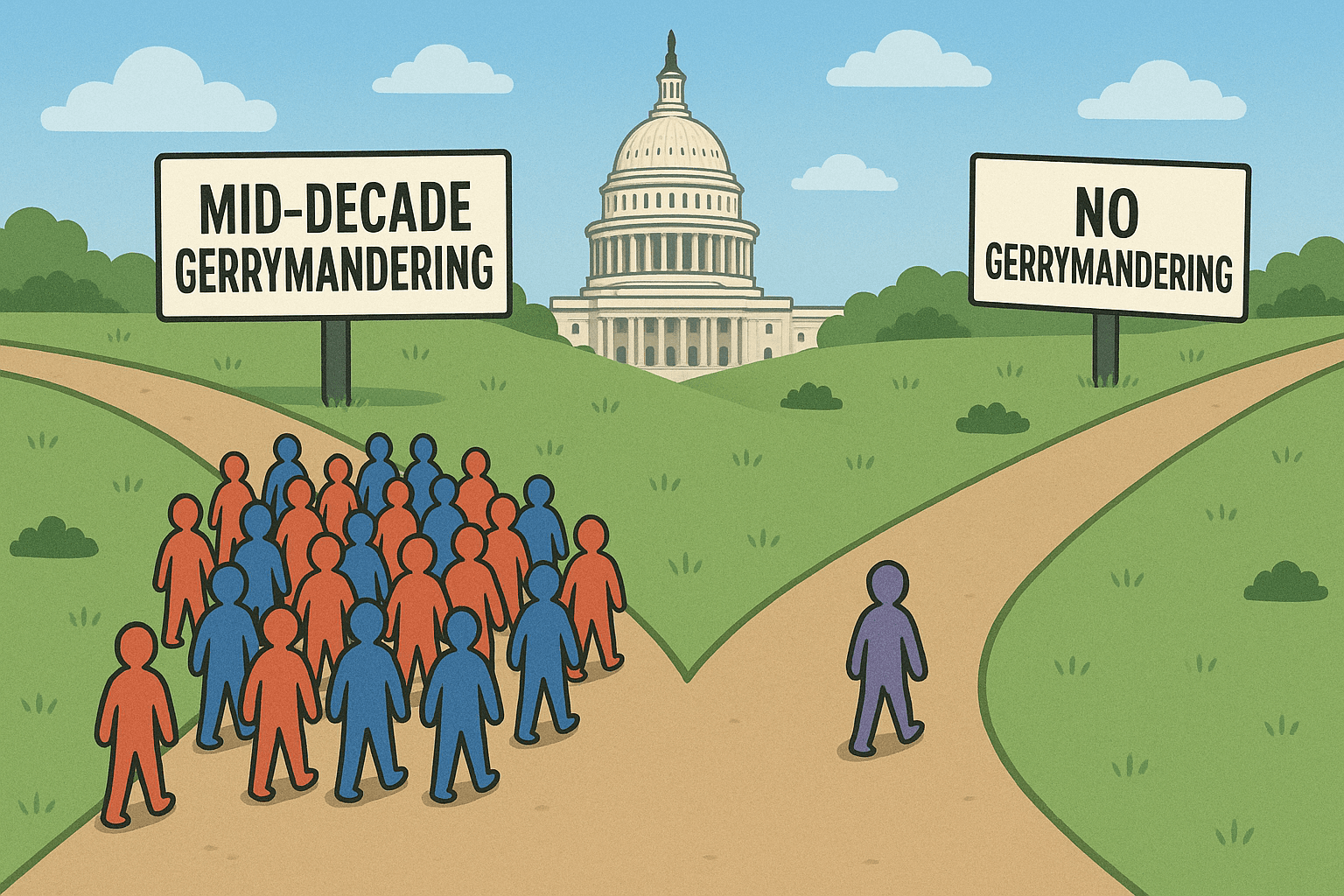A Two State Solution Has to Happen, So Let’s Make It Happen Soon

"We all know the end point for the Israeli-Palestinian process is simple. Everybody knows it. It's a two-state solution. We know roughly what the contours of those states would be. The problem getting there involves a lot of painful concessions on both sides.”—Fareed Zakaria
One of the management principles that I use in my day job is that, if you have to do something, you should spend as little time as possible arguing about whether or not you are going to do it. That’s what “have to” means. If nothing else, this saves us time and ensures that we don’t waste resources moving ourselves further away from where we all know we are going to have to end up.
As CNN commentator Fareed Zakaria has pointed out—absolutely correctly in my view—this is the situation that the world is in on the Israel-Palestine question. We know the end point. We know that nothing else is going to work. And we know that we have to move there to solve the current conflict. I think, we should keep that knowledge in mind as we try to answer questions like these:
- Does Israel have the right to exist?
- Do the Palestinians have a right to their own territorial integrity?
- Should Palestinians be engaging in terrorist acts against Israel?
- Should Israelis be bombing Palestinians?
- Can the current conflict be ameliorated back to an uneasy status quo ante bellum?
- Will the issues that created the current conflict produce similar, and even worse conflicts in the future?
As I read the situation, the answers to these questions are YES, YES, NO, NO, POSSIBLY, and ABSOLUTELY. Everybody is right, everybody is wrong, and the situation is absolutely unfixable in the political entity as currently constituted.
We know this, and we know that it is not going to be anything close to easy. Zakaria is absolutely correct that we are a long way from being able to implement a two-state solution. Everybody has to give something up. Israel has to give up pretty much all of the land it has acquired since 1967. Palestine has to renounce terrorism forever and surrender its claims to more than half its original nation. And that’s just to start the negotiations.But neither Israel nor Palestine can survive for long without allies, so the rest of the world has a lot of bargaining power. And we all also have a lot of interest in stabilizing the region. And that means that the United States, Europe, Russia, and the Arab World have a remarkable confluence of interests in finding a solution that actually works.
And there is only one option. A two-state solution is not a particularly good idea. There are a lot of reasons for both sides to hate it. But it is the only possible solution to the conflict that does not involve a humanitarian catastrophe, so it makes no sense for the United States, or any other country in the world, to work towards anything else.
The best time to implement a two-state solution to the Israel-Palestine conflict—like the best time to plant a shade tree—is thirty years ago. That not being possible, the next best option is to make sure that we judge all of our moves by the end that we know they must eventually create. Because really, the only good thing about stuff that we have to do is that we don't have to waste time arguing about whether or not we are going to do it.


